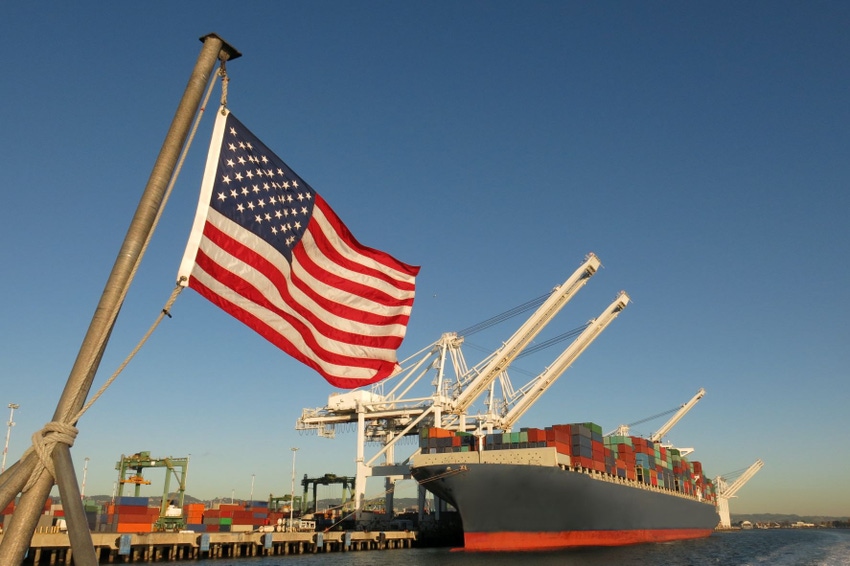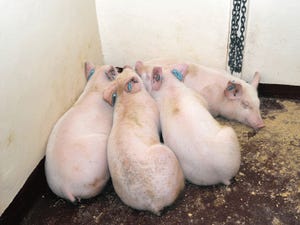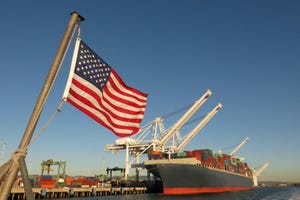Senate action needed on key agricultural trade nominees
First negotiating round for the Indo-Pacific Economic Framework is rapidly approaching, could be vehicle to lowering trade barriers for U.S. red meat exports.
November 28, 2022

With important trade negotiations on the horizon, U.S. Meat Export Federation President and CEO Dan Halstrom says there is an urgent need for the U.S. Senate to confirm two key nominees: Douglas McKalip to serve as chief agricultural negotiator for the Office of the U.S. Trade Representative and Alexis Taylor as USDA under secretary for trade and foreign agricultural affairs.
"It's hard to believe, but we're almost to the halfway point of the Biden administration and need to get our roster full with some key positions," Halstrom says. "We've got two appointees that really need to get through the process. On the USTR side, Doug McKalip has been put forth as the chief agricultural negotiator and just requires a vote at this point and Alexis Taylor has been put forth for the undersecretary of trade.
"We have several trade opportunities coming up, in particular the Indo-Pacific economic framework will have their first sit down talks in Australia in December, and we also have some pending initiatives with Kenya and Taiwan. So, it's more important than ever to have a full bench so to speak with key positions filled so that U.S. agriculture can have the appropriate seat at the table when these talks take place."
The first negotiating round for the IPEF is set for Dec. 10-15 in Brisbane and Halstrom says IPEF could be an important vehicle for lowering trade barriers for U.S. red meat exports, especially in emerging markets such as Indonesia, the Philippines and Vietnam.
"The Indo-Pacific framework has the potential to really pay some dividends in terms of taking care of some of those trade issues that we have trade barriers and some of the technical issues that may be limiting the volume potential in the region," Halstrom says. "You look at some of the key markets that are already growth markets for U.S. beef, pork and lamb. You've got the Philippines, Vietnam, these are some key countries in the region really affected by what we're doing every day in the world of beef and pork exports.
"And I think Indonesia, you know, large population base, incredible opportunity for U.S. beef and the market is anything but transparent. There's a lot of upside in terms of something as simple as getting new plant approvals for Indonesia. So there's a lot of aspects of the Indo-Pacific framework that could pay dividends to our industry back here in the U.S."
Source: U.S. Meat Export Federation, which is solely responsible for the information provided, and wholly owns the information. Informa Business Media and all its subsidiaries are not responsible for any of the content contained in this information asset.
About the Author(s)
You May Also Like



